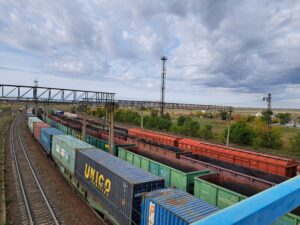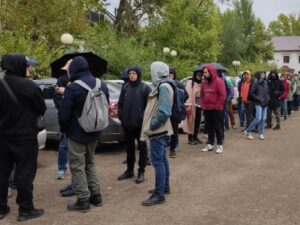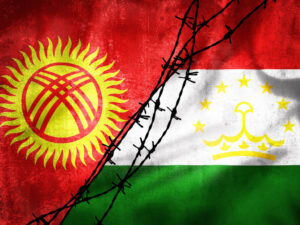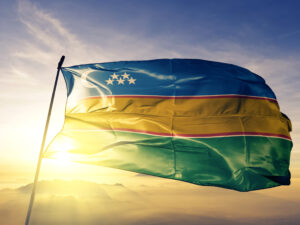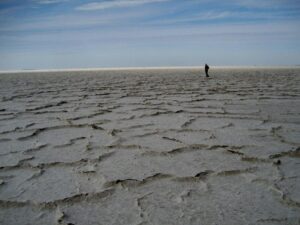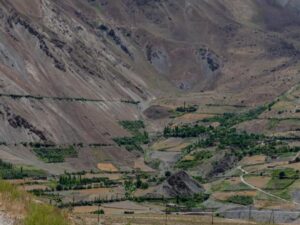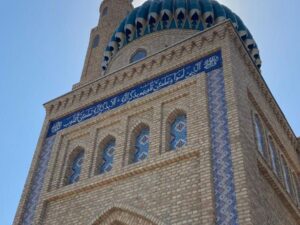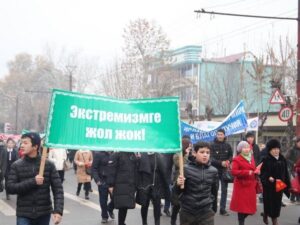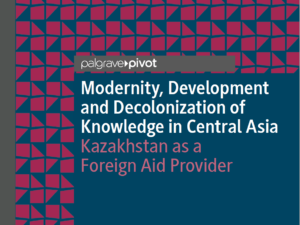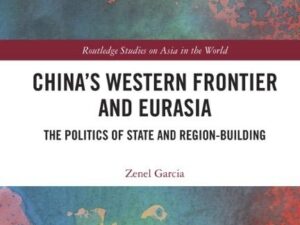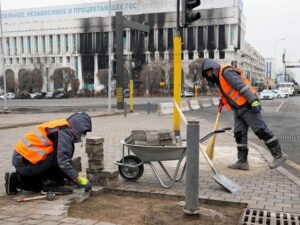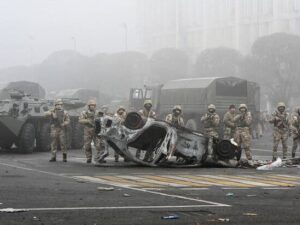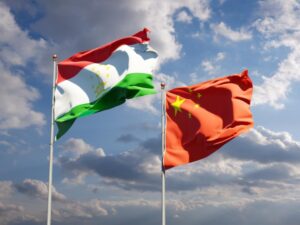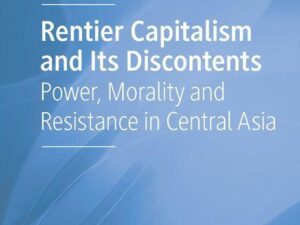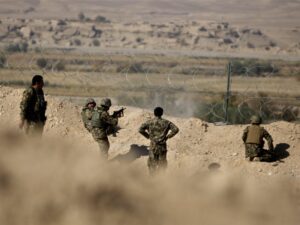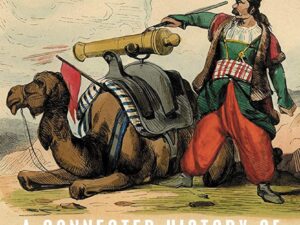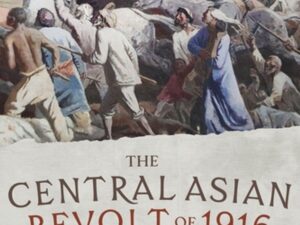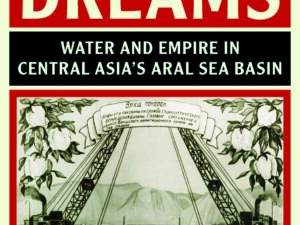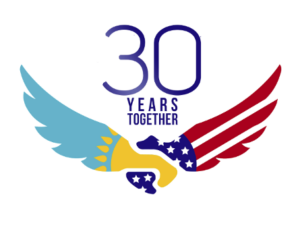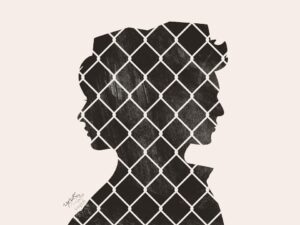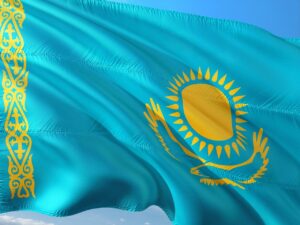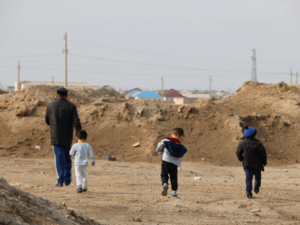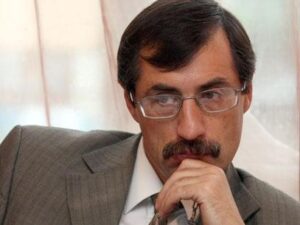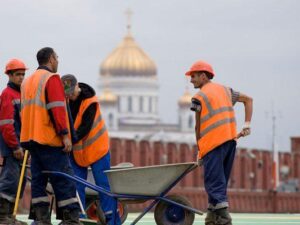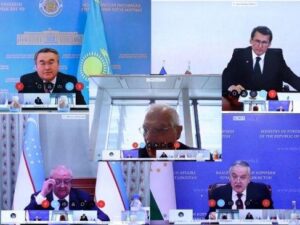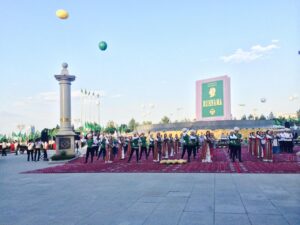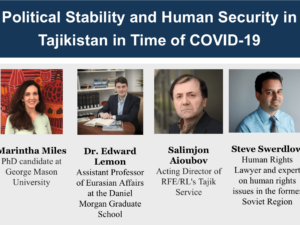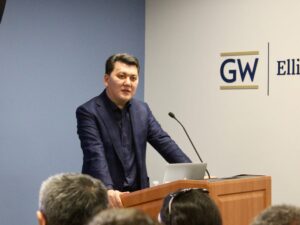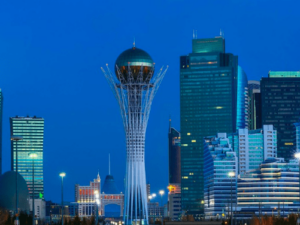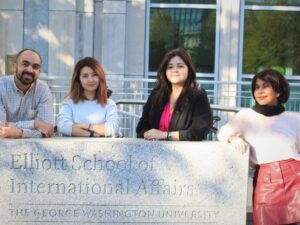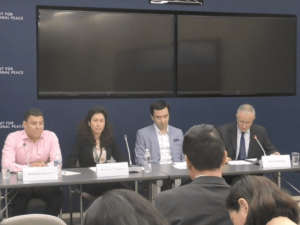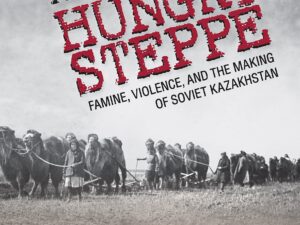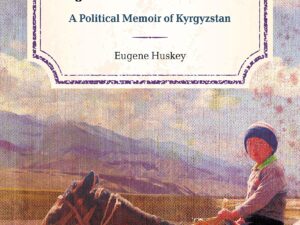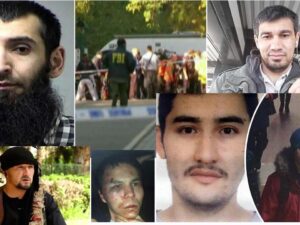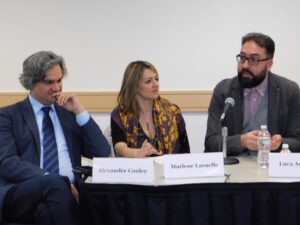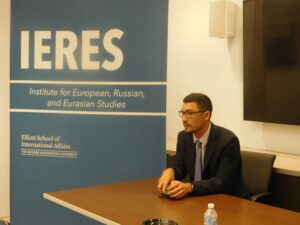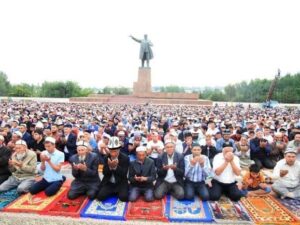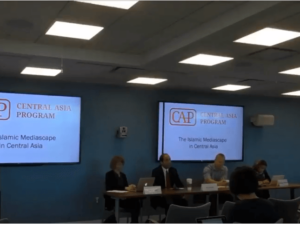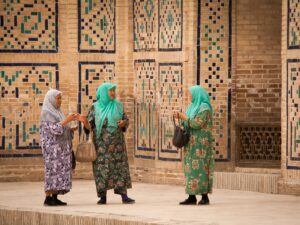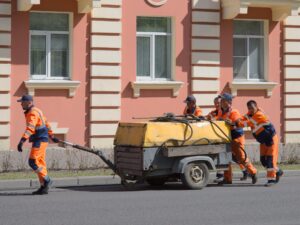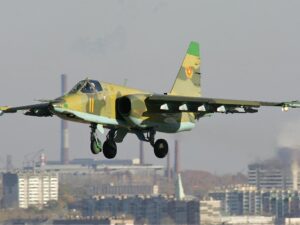
- This event has passed.
Gender as Intersections: A Different Way of Seeing Central Asia
26 September, 2022 @ 10:00 AM – 11:00 AM

Gender-based violence, (geo)politics, and Islam continue to dominate the production of knowledge about Central Asia. While using a gender lens, this Special Issue offers a different perspective on the region. The authors link historical analyses of imperial and Soviet gendered modernities to contemporary Central Asians’ daily lives and local nationalisms to shed light on often overlooked areas in the literature, such as a systematic screening out of historical and contemporary gender diversity, sex work, virginity tests, in-bodiment, queer activism, and the use and abuse of discourse on traditions. As a platform for a conversation about negotiating gender in Central Asia and indigenizing gender theory from within other than Euro-American contexts, this roundtable presents an example of knowledge production by and with Central Asians.
Speakers
Dr. Donohon Abdugafurova is a scholar of Central Asian Islamic Studies focusing on women and their literary works. She works at Wake Forest University, and has published on the topics of gender, eldercare, and women’s writing.
Vica Kravtsova is a feminist researcher and cultural worker from Smolensk, Russia. Their research interests include decolonization and antiracism in the former USSR.
SvetLana Peshkova is a mother and public educator. She is a socio-cultural anthropologist at UNH, a core member of the Women’s and Gender Studies Department and Native American and Indigenous Studies Program.
Hélène Thibault is Associate Professor in the Department of Political Science at Nazarbayev University and member of the Political Economy of Education Research (PEER) Network. Her research focuses on gender and religious identities.
Moderator, Sebastien Peyrouse
Research Professor, Central Asia Program, IERES, George Washington University and a Senior Fellow with the George H. W. Bush Foundation for U.S.-China relations. His main areas of expertise are political systems in Central Asia, economic and social issues, Islam and religious minorities, and Central Asia’s geopolitical positioning toward China, India and South Asia.

